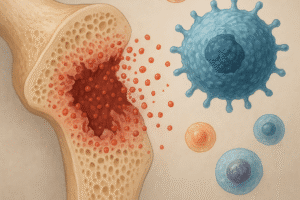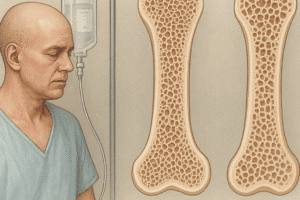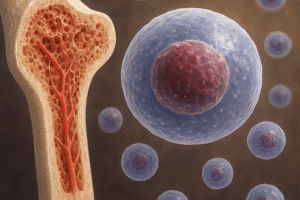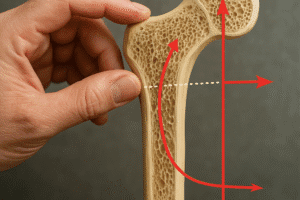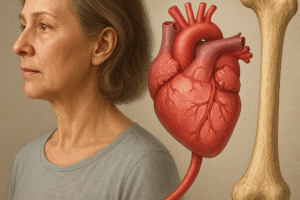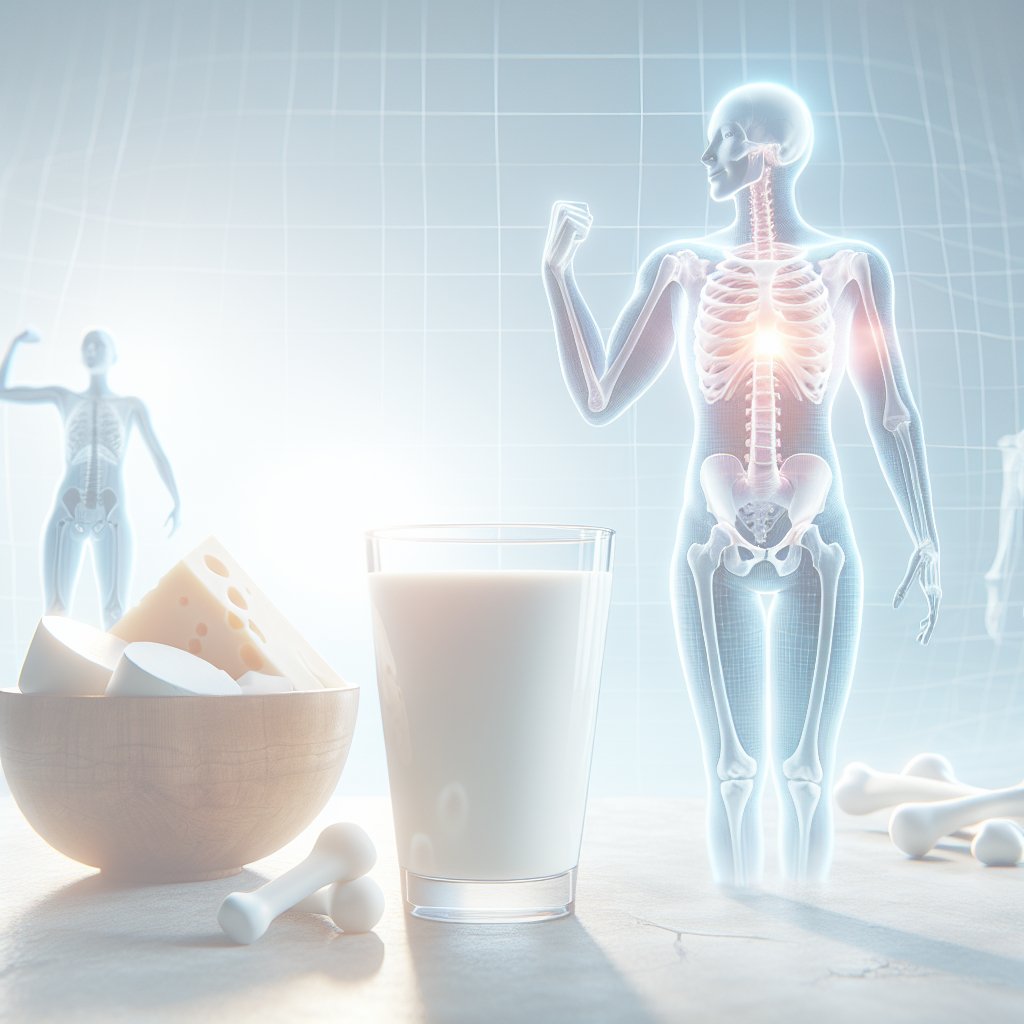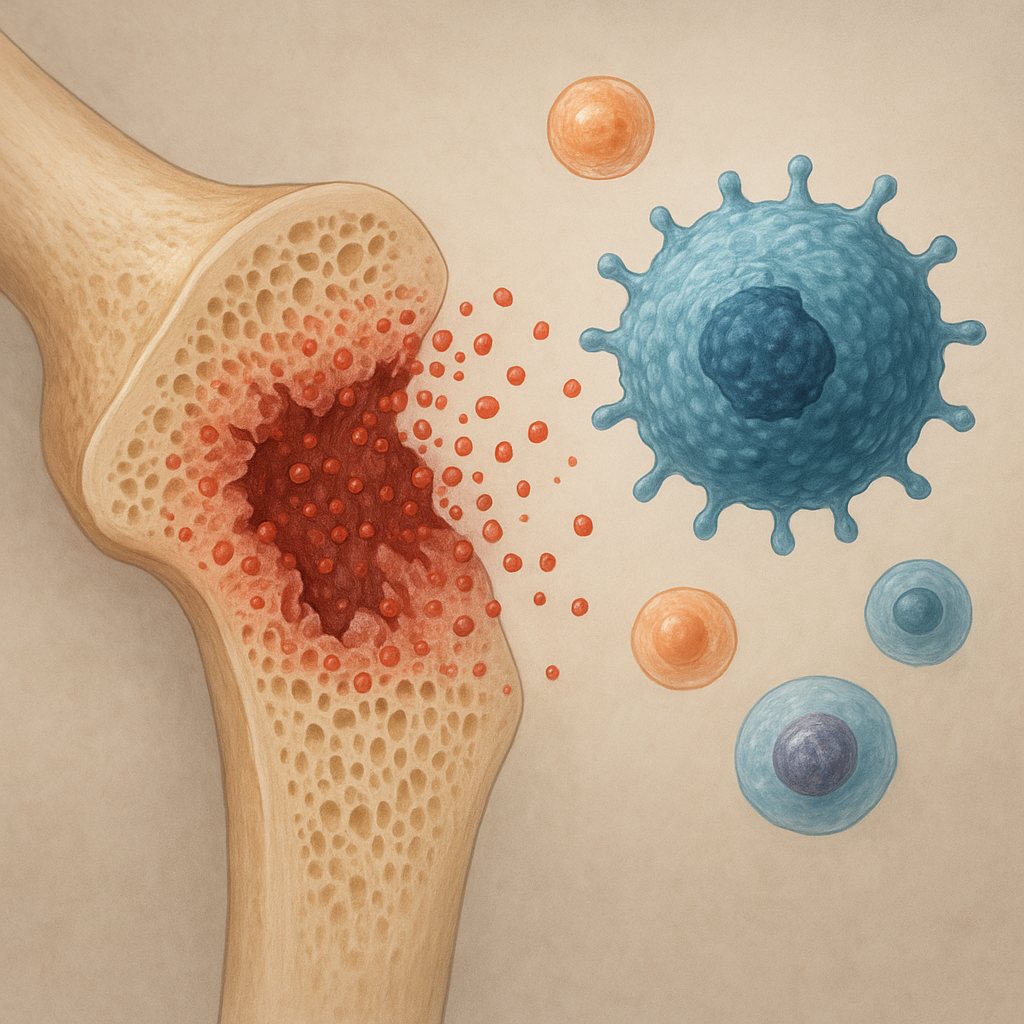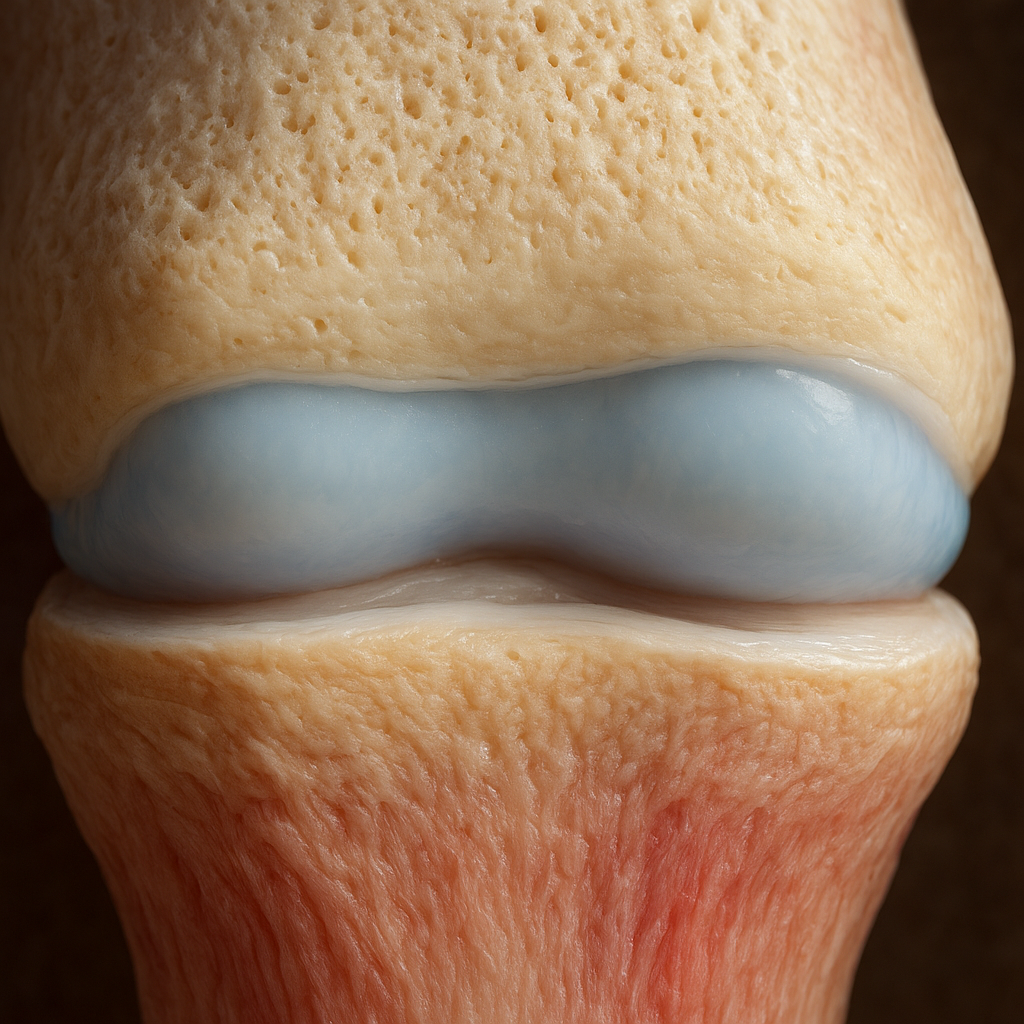Calcium plays a crucial role in maintaining healthy bones, serving as one of the primary building blocks for bone structure and strength. This essential mineral is not only vital for bone health but also for various bodily functions, including muscle contraction, nerve transmission, and blood clotting. Understanding the importance of calcium and how to ensure adequate intake can significantly impact overall health and well-being.
The Role of Calcium in Bone Health
Calcium is the most abundant mineral in the human body, with approximately 99% of it stored in the bones and teeth. This mineral is essential for the development and maintenance of strong bones throughout a person’s life. During childhood and adolescence, the body requires higher amounts of calcium to support rapid growth and bone development. Adequate calcium intake during these formative years can help achieve peak bone mass, which is crucial for preventing osteoporosis and fractures later in life.
Bone is a dynamic tissue that undergoes constant remodeling, a process where old bone is broken down and new bone is formed. Calcium plays a vital role in this process, as it is necessary for the activity of osteoblasts (cells that build bone) and osteoclasts (cells that break down bone). A balanced intake of calcium ensures that these processes occur efficiently, maintaining bone density and strength.
In addition to its structural role, calcium also influences the activity of hormones and enzymes that are involved in bone metabolism. For instance, parathyroid hormone (PTH) regulates calcium levels in the blood and stimulates the release of calcium from bones when needed. Vitamin D is another critical factor, as it enhances calcium absorption in the intestines and helps maintain adequate serum calcium levels. Without sufficient calcium, the body may draw from its bone reserves, leading to weakened bones over time.
Sources of Calcium
To maintain optimal bone health, it is essential to consume adequate amounts of calcium through diet or supplements. There are various dietary sources of calcium, which can be categorized into dairy and non-dairy options.
Dairy Products
- Milk: One of the richest sources of calcium, providing about 300 mg per cup.
- Cheese: Varieties like cheddar and mozzarella are excellent sources, with around 200-300 mg per ounce.
- Yogurt: A great source of calcium, with approximately 300-400 mg per cup, depending on the type.
Non-Dairy Sources
- Leafy Greens: Vegetables such as kale, collard greens, and bok choy contain calcium, though in varying amounts.
- Fortified Foods: Many plant-based milk alternatives (like almond, soy, and oat milk) and cereals are fortified with calcium.
- Fish: Canned fish with bones, such as sardines and salmon, are excellent sources of calcium.
- Nuts and Seeds: Almonds and sesame seeds are also good sources, providing around 75-100 mg of calcium per ounce.
For individuals who may struggle to meet their calcium needs through diet alone, calcium supplements are available. However, it is essential to consult with a healthcare professional before starting any supplementation, as excessive calcium intake can lead to health issues such as kidney stones and cardiovascular problems.
Calcium Deficiency and Its Consequences
A deficiency in calcium can have serious implications for bone health. In children, inadequate calcium intake can lead to rickets, a condition characterized by weak and soft bones. In adults, calcium deficiency can result in osteopenia, a precursor to osteoporosis, which significantly increases the risk of fractures. Osteoporosis is often referred to as a “silent disease” because it can progress without noticeable symptoms until a fracture occurs.
Other potential consequences of calcium deficiency include:
- Muscle Cramps: Low calcium levels can lead to muscle spasms and cramps, as calcium is essential for muscle contraction.
- Nerve Issues: Calcium plays a role in nerve transmission, and deficiency can lead to numbness and tingling sensations.
- Dental Problems: Insufficient calcium can affect dental health, leading to weakened teeth and an increased risk of cavities.
Factors Affecting Calcium Absorption
While dietary intake is crucial, several factors can influence calcium absorption in the body. Understanding these factors can help individuals optimize their calcium intake and improve bone health.
Age
As people age, their ability to absorb calcium decreases. This is particularly evident in postmenopausal women, who experience a significant drop in estrogen levels, leading to increased bone resorption and decreased calcium absorption. Therefore, older adults may require higher calcium intake to maintain bone health.
Vitamin D Levels
Vitamin D is essential for calcium absorption in the intestines. Without adequate vitamin D, the body cannot effectively absorb calcium, regardless of dietary intake. Sun exposure is a natural source of vitamin D, but many individuals may not get enough sunlight, especially in winter months or for those who spend most of their time indoors. Foods rich in vitamin D, such as fatty fish, egg yolks, and fortified products, can help support calcium absorption.
Dietary Factors
Certain dietary components can either enhance or inhibit calcium absorption. For instance, high sodium intake can lead to increased calcium excretion through urine, while excessive caffeine and alcohol consumption may also negatively impact calcium levels. On the other hand, consuming calcium-rich foods alongside sources of vitamin D can enhance absorption.
Conclusion
Calcium is undeniably vital for maintaining healthy bones and overall bodily functions. Ensuring adequate calcium intake through a balanced diet, along with attention to factors that affect absorption, is essential for preventing bone-related health issues. As individuals age, the importance of calcium becomes even more pronounced, making it crucial to prioritize bone health from an early age. By understanding the role of calcium and making informed dietary choices, individuals can take proactive steps toward achieving and maintaining strong, healthy bones throughout their lives.
